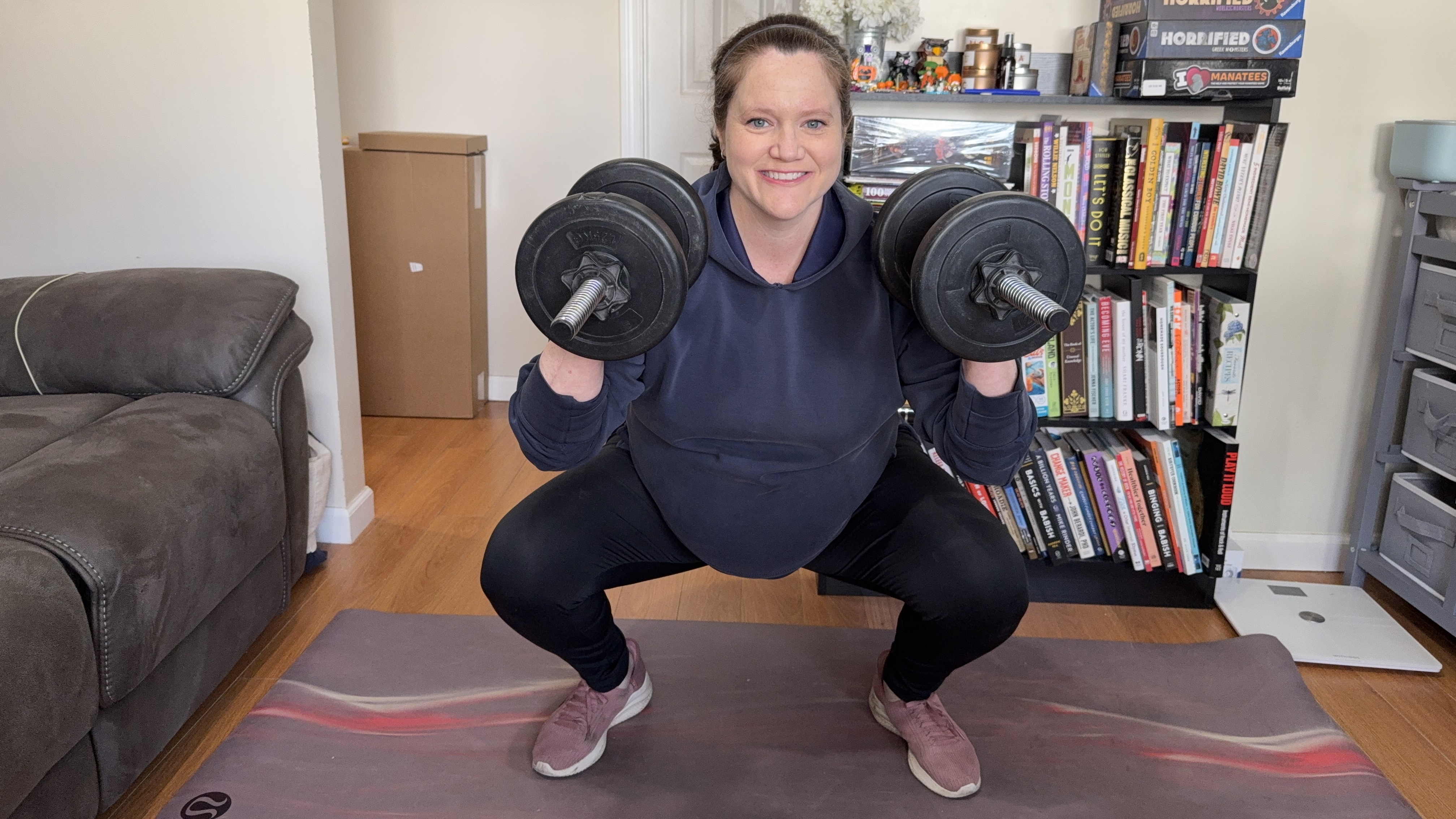Mental health: How a park run can help battle chronic stress
Time to lace up your trainers, as it's been found running benefits your mental health, battling chronic stress


The therapeutic power of exercise is often touted by experts. It's been researched and reported on many times: exercise increases the "reward chemicals" in our brain, such as serotonin and dopamine, when we complete a difficult set or get a new personal best.
But when having this conversation, we always report on "exercise" in general terms. The study below, conducted by researchers at Brigham Young University, has found running in particular has a positive anti-stress effect, and can even help runners cope with chronic stress.
- NEW: Why more protein can help you lose weight fast
- PLUS: This gentle 45-minute pilates workout to make you flexible
The study, published in the journal Neurobiology of Learning and Memory, found that running actually mitigates the negative impacts chronic stress has on the hippocampus, the part of the brain responsible for learning and memory.
According to the BYU study, chronic stress gradually damages the synapses, which connect the neurons in the brain. This weakens our hippocampus and will, eventually, affect our capacity to learn and retain information.
However, running in particular was found to strengthen these synapses, repairing them and improving the relationships between neurons. Lead author Jeff Edwards said: "we can't always control stress in our lives, but we can control how much we exercise. It's empowering to know that we can combat the negative impacts of stress on our brains just by getting out and running."

If you are going to go out pounding the pavement, take a route through the park for additional benefits. A meta-analysis of 143 online studies, published in the journal Environmental Research, analysed the health outcomes of green space exposure, which is associated with numerous physical and mental health benefits.
It was found green space exposure positively correlates with lower heart rate variability and decreased amounts of cortisol in the participant's saliva. Cortisol, known commonly as "the stress hormone" in the human body, is partially responsible for increased weight gain in addition to triggering stress and anxiety.
Get the Fit&Well Newsletter
Start your week with achievable workout ideas, health tips and wellbeing advice in your inbox.
Yes, theoretically you could drive to a park and walk around in it a bit. But running, along with cycling, is one of the few methods of intense exercise that could actually get you to (and from) the park. The exercise already plays a part in lowering heart rate and stress levels, while one study shows as little as ten minutes in nature can result in lower physical and mental stress levels.
Combined, the cumulative effect of the greenery and the exercise makes park runs one of the best stress-busting exercise you can do, even in the colder months. Time to lace up your trainers and tackle the great outdoors. Race you!
Liked this?
Matt Evans is an experienced health and fitness journalist and is currently Fitness and Wellbeing Editor at TechRadar, covering all things exercise and nutrition on Fit&Well's tech-focused sister site. Matt originally discovered exercise through martial arts: he holds a black belt in Karate and remains a keen runner, gym-goer, and infrequent yogi. His top fitness tip? Stretch.
-
 “Working out doesn't have to be boring”—why I love this trainer’s Cha Cha Slide fitness challenge
“Working out doesn't have to be boring”—why I love this trainer’s Cha Cha Slide fitness challengeBuild core strength and get strong shoulders with this dance-themed challenge
By Maddy Biddulph
-
 A personal trainer says this is the HIIT workout to do if you’re over 40—here’s what I think
A personal trainer says this is the HIIT workout to do if you’re over 40—here’s what I thinkThis no-impact workout delivers lots of high-intensity cardio without major stress on your joints
By Jennifer Rizzuto